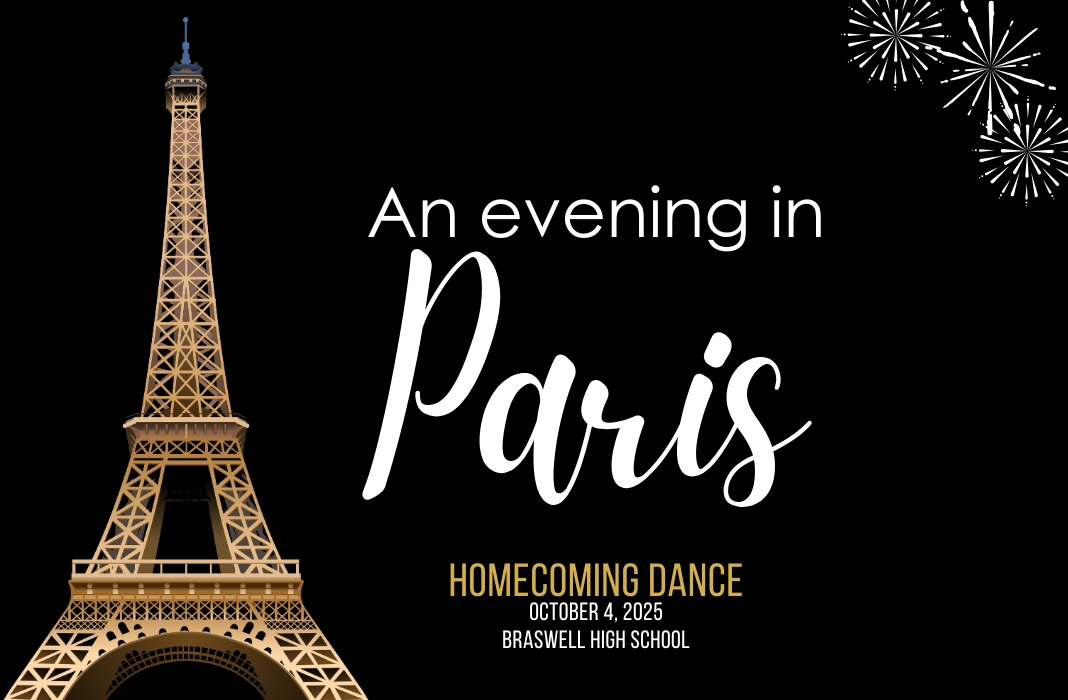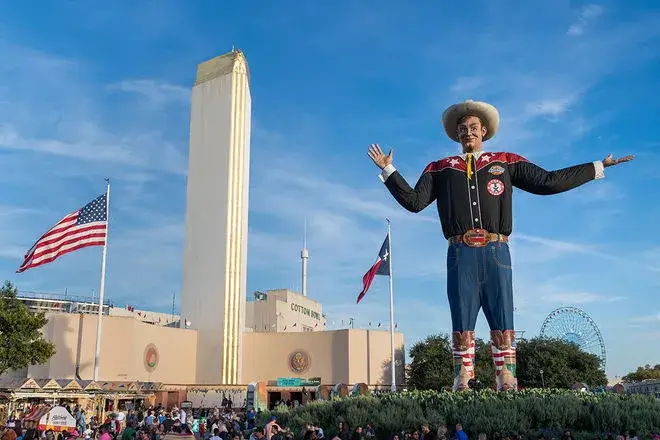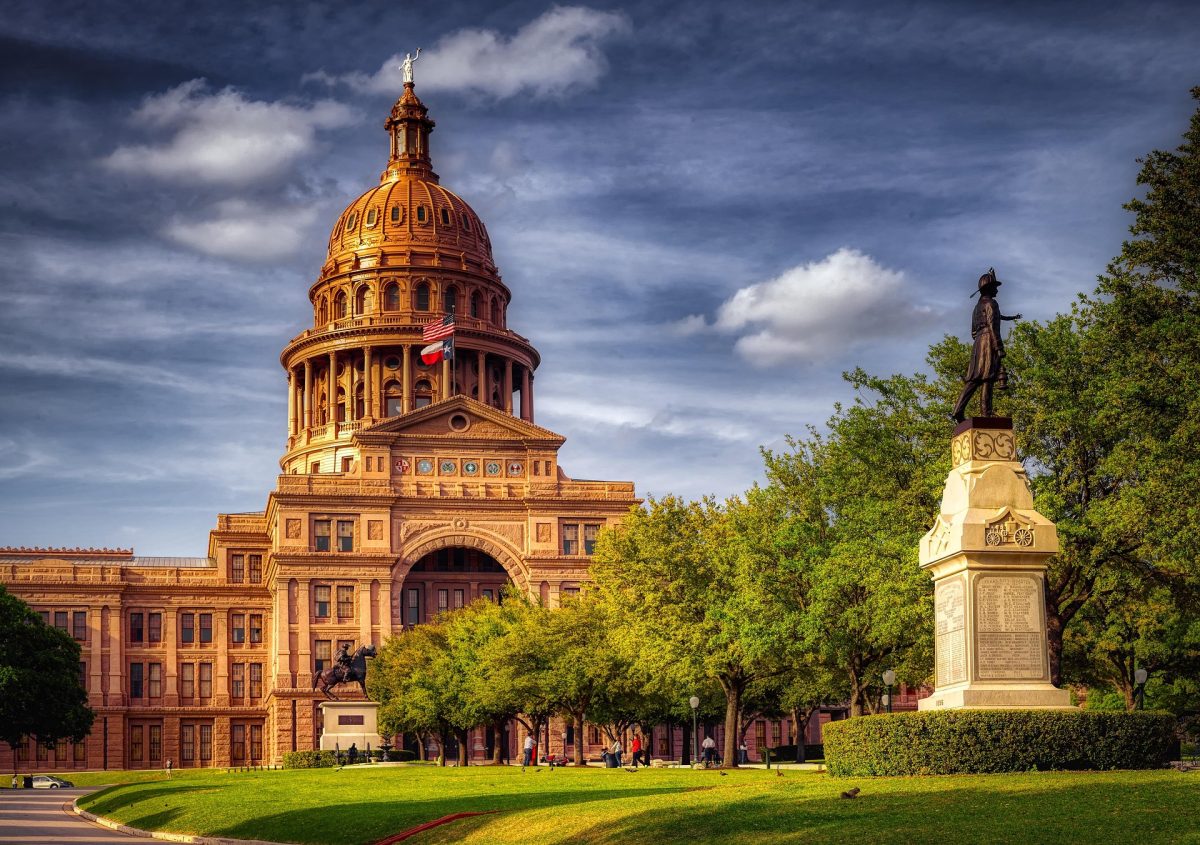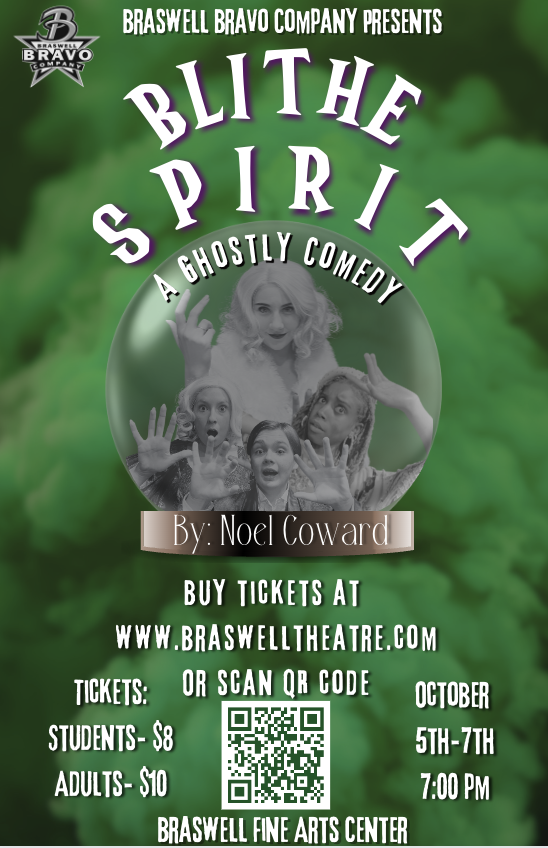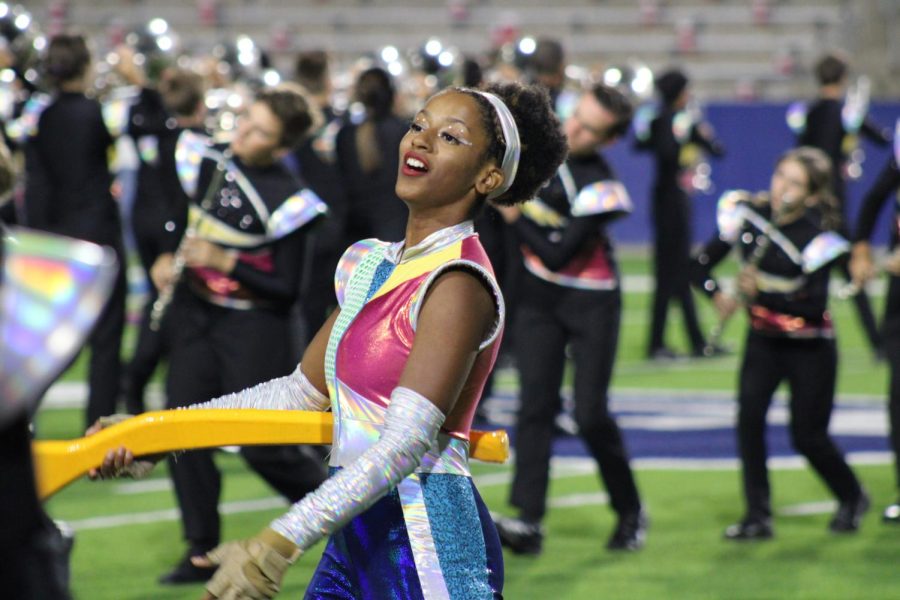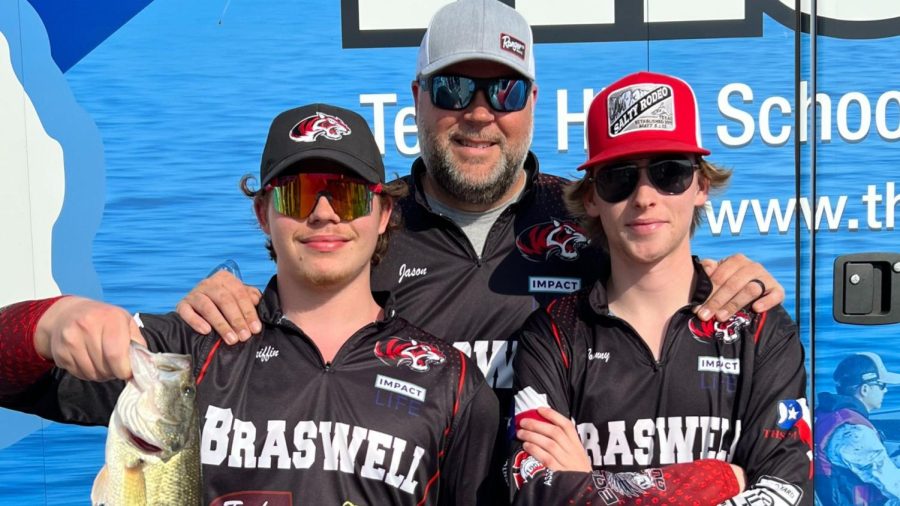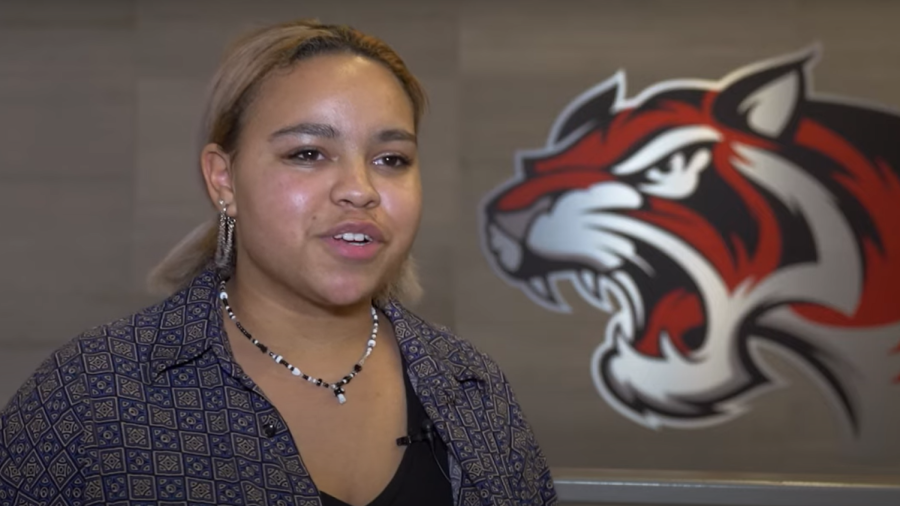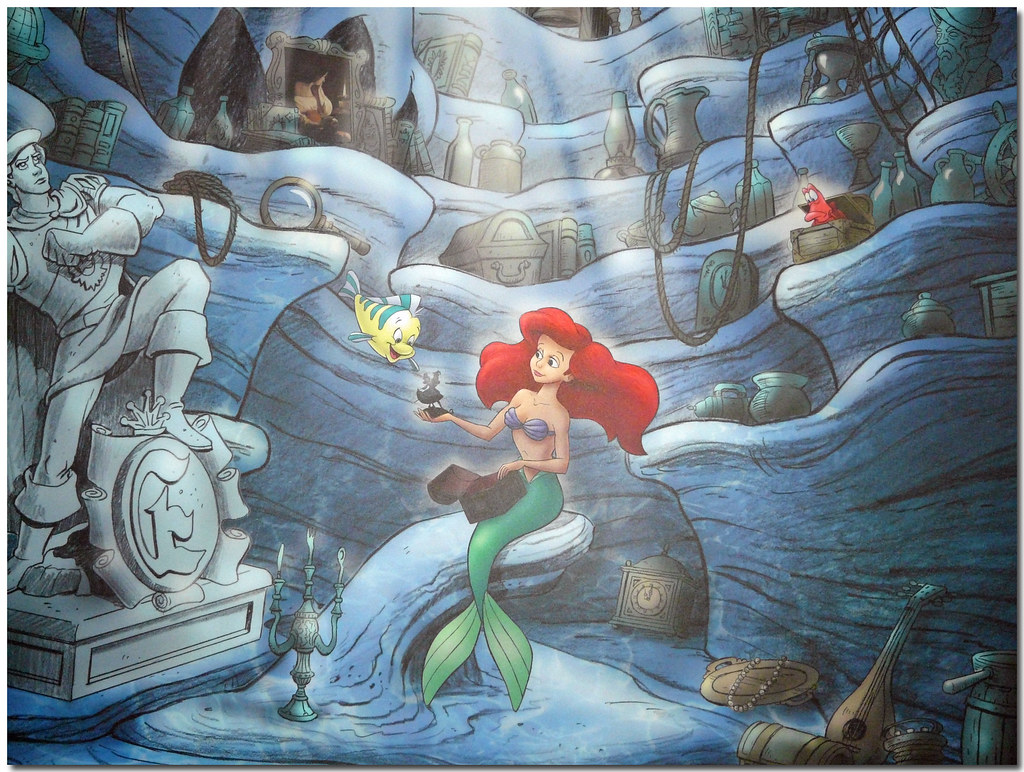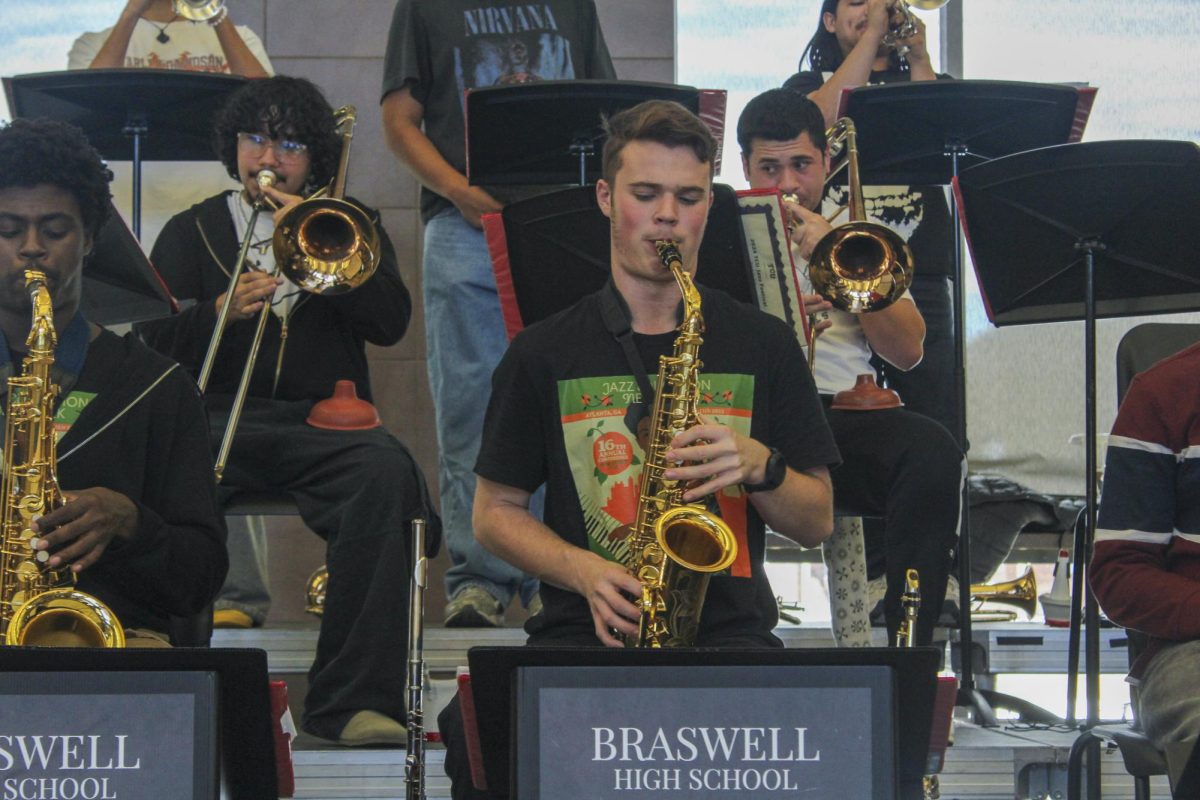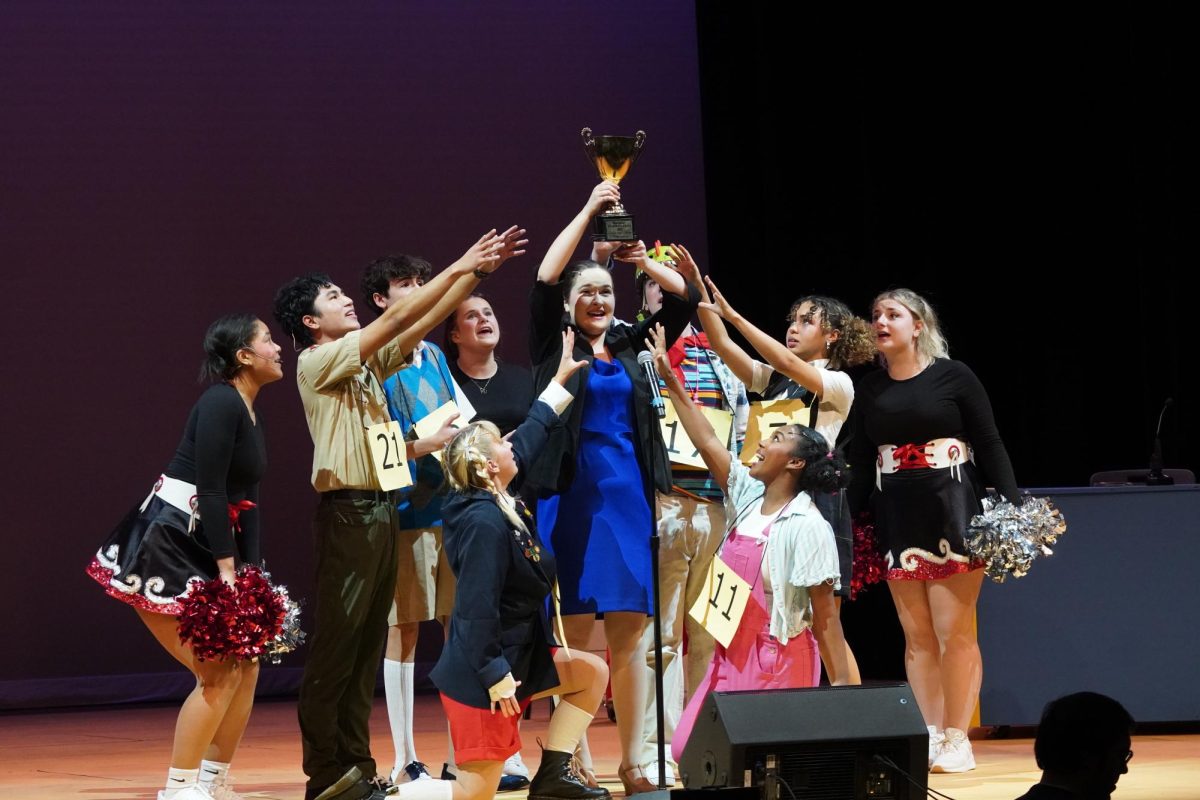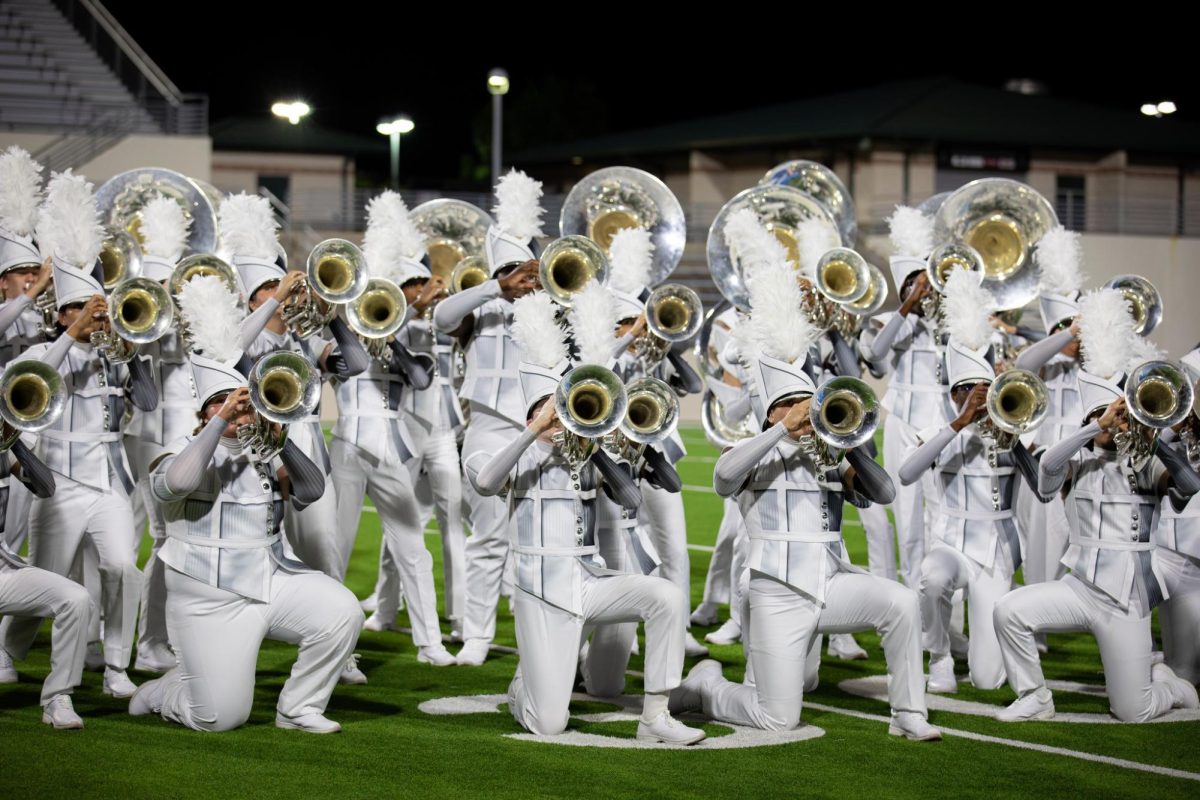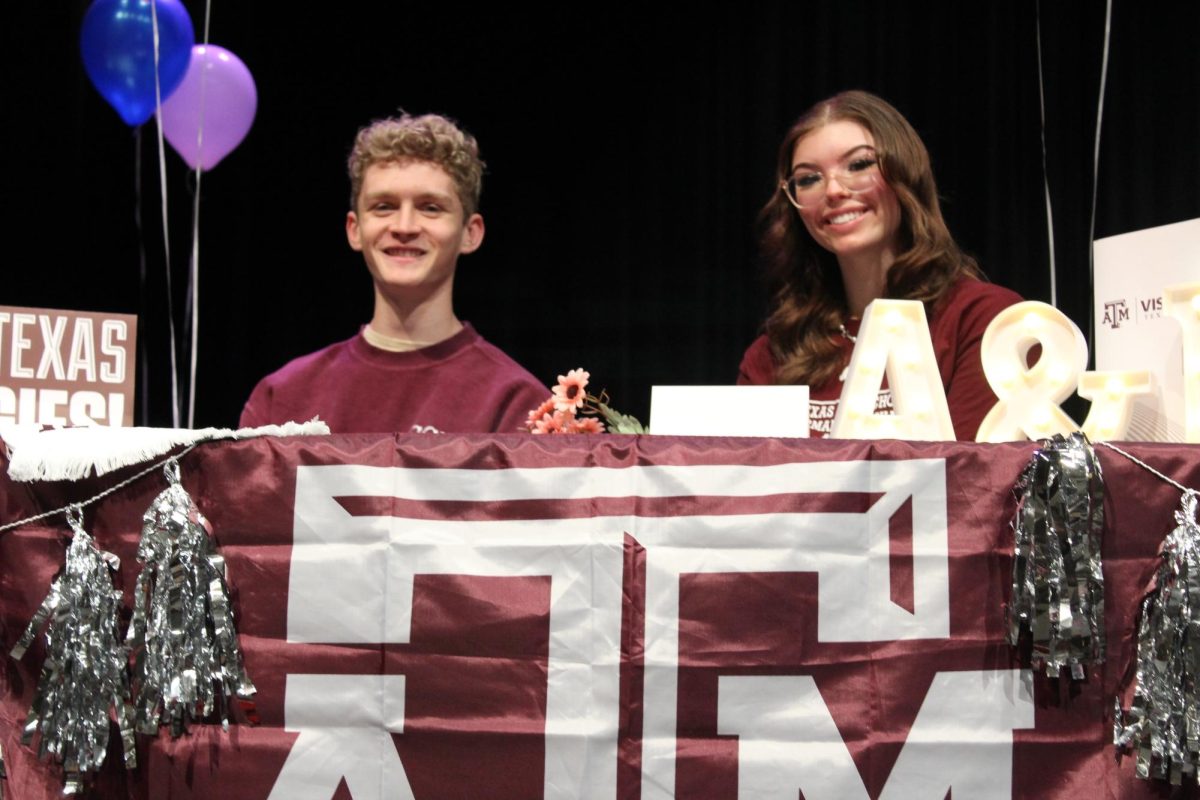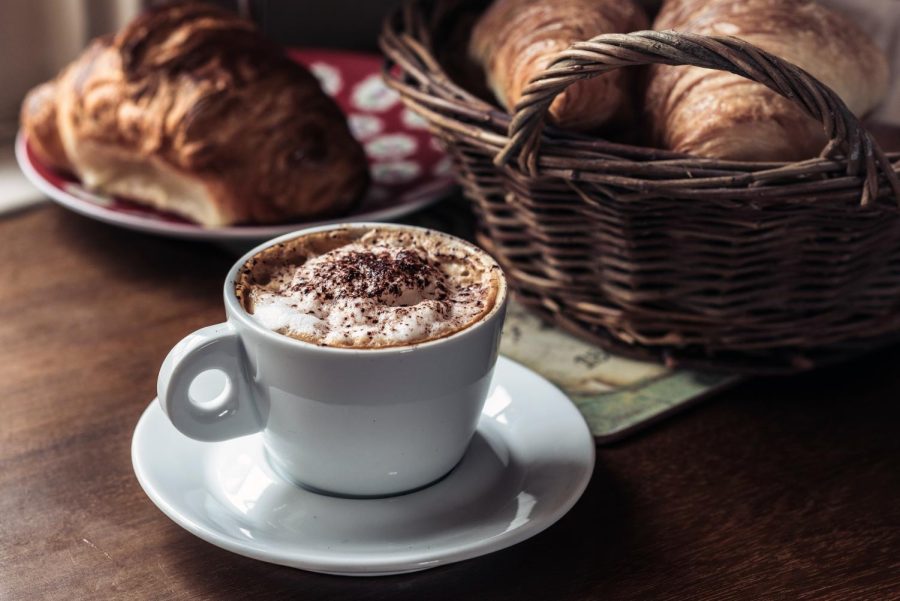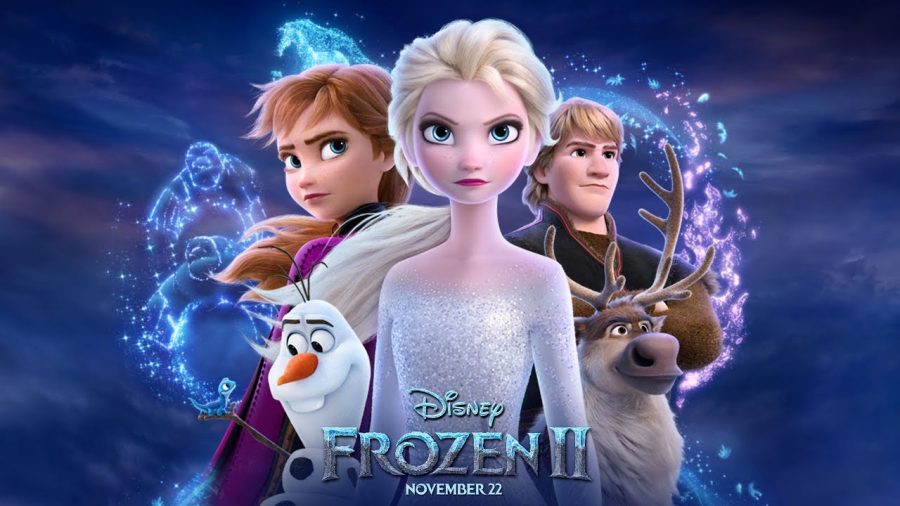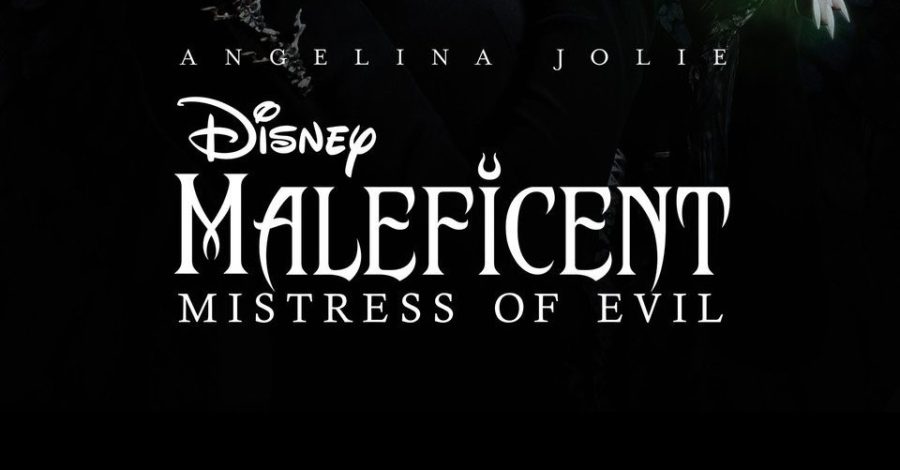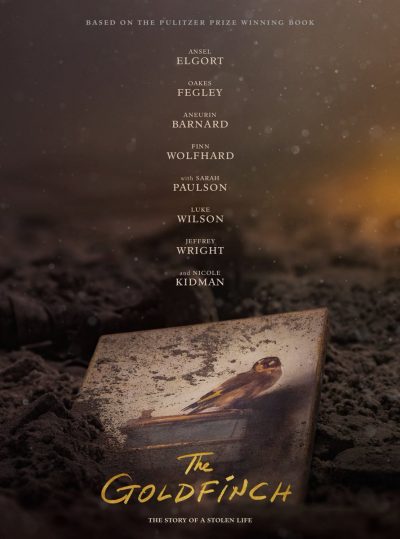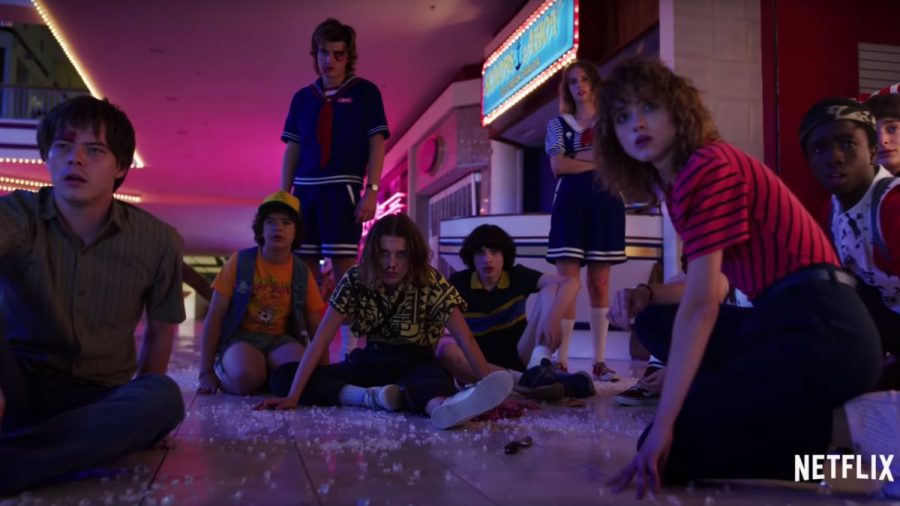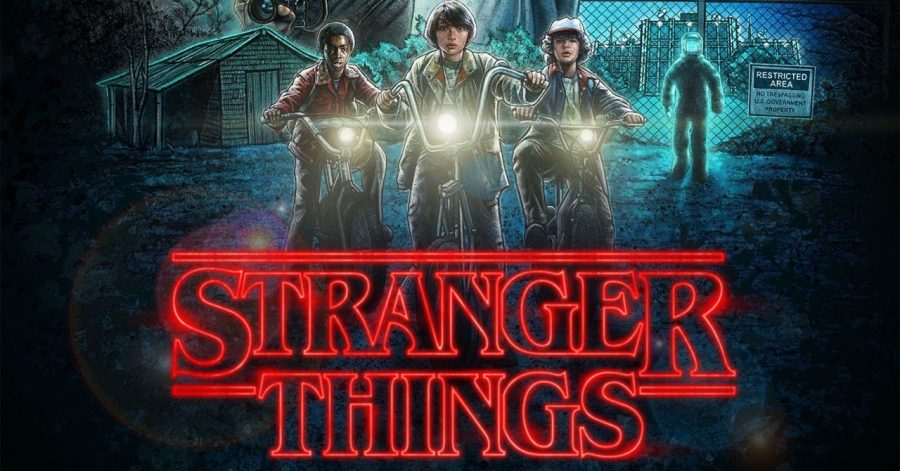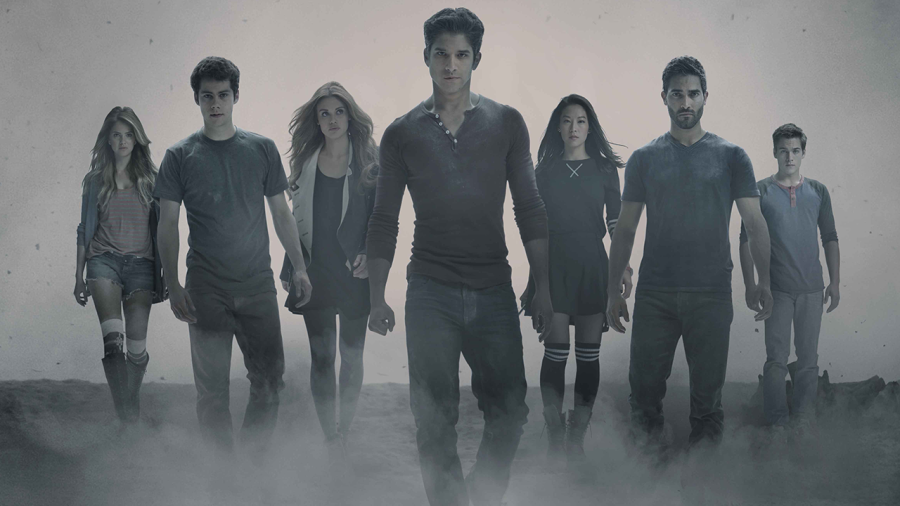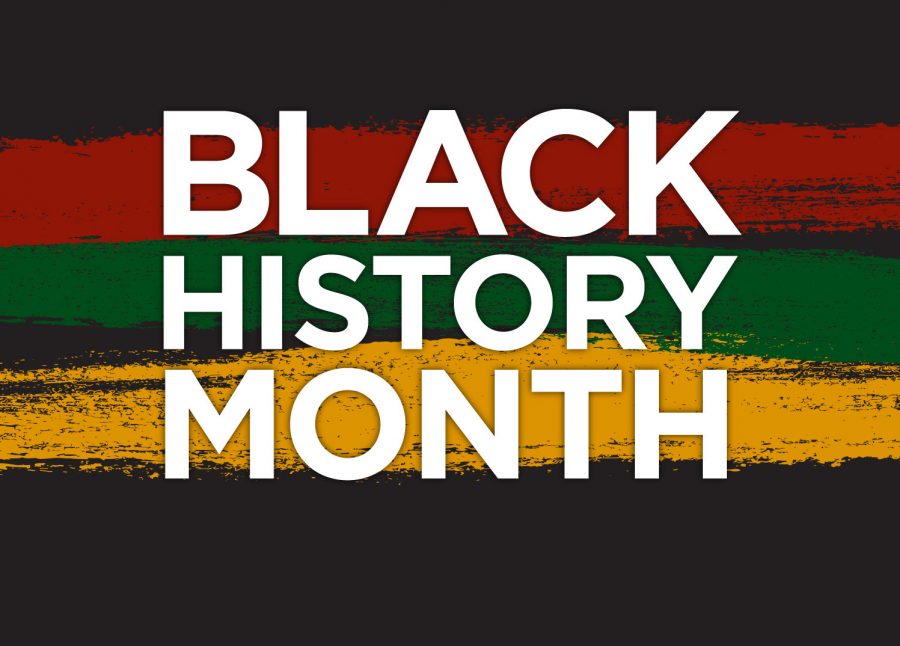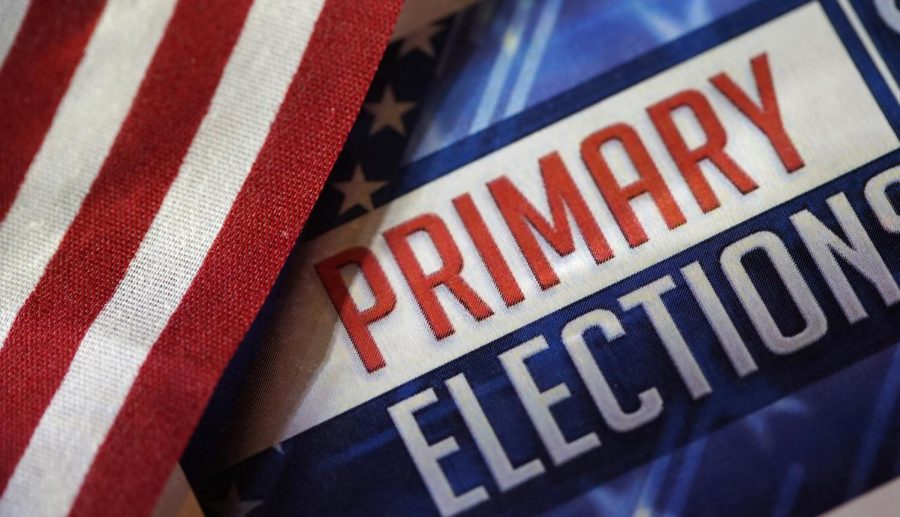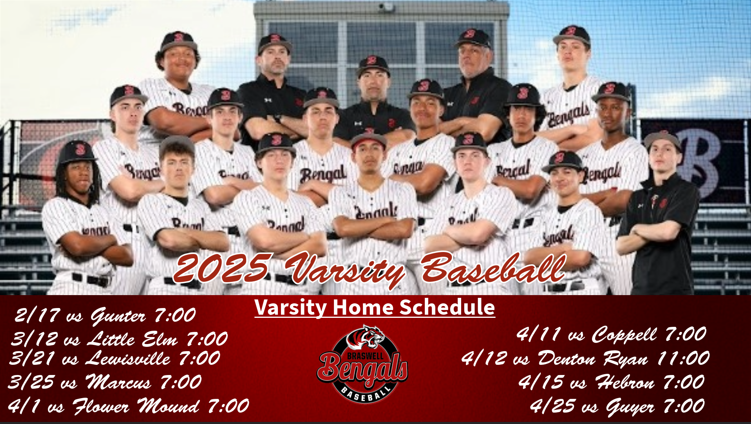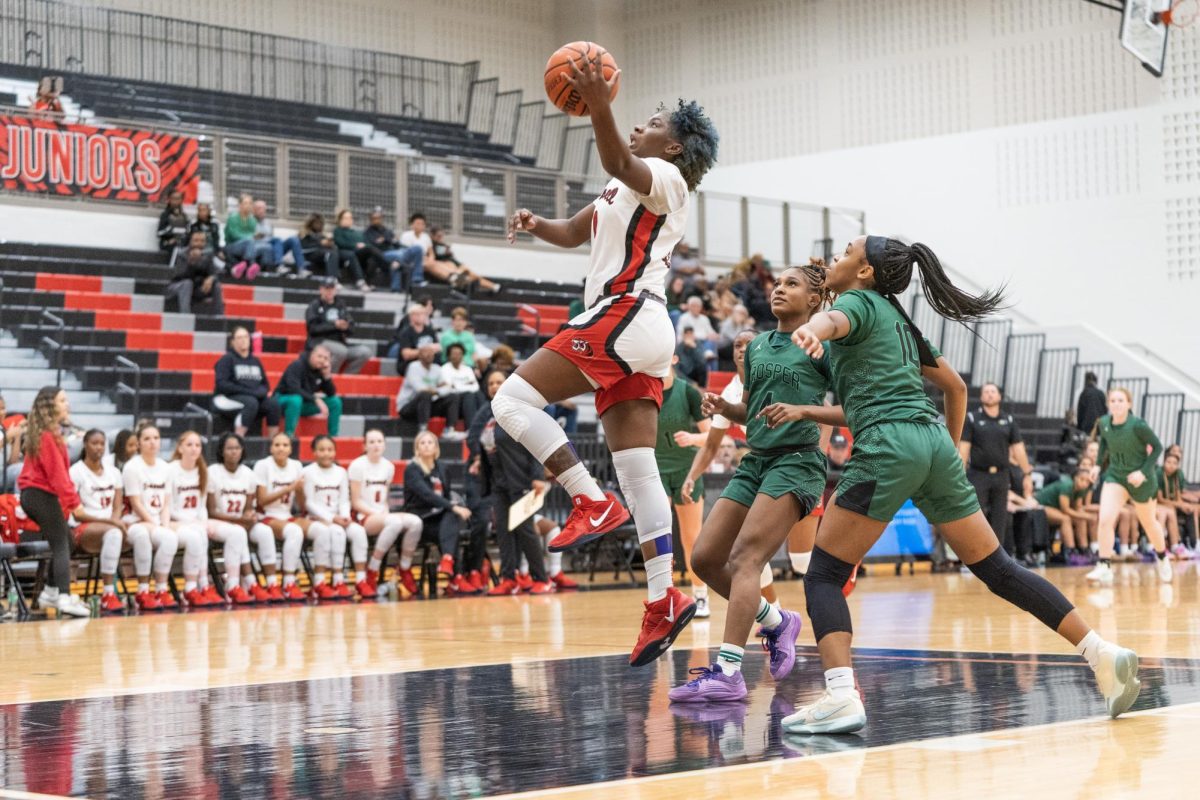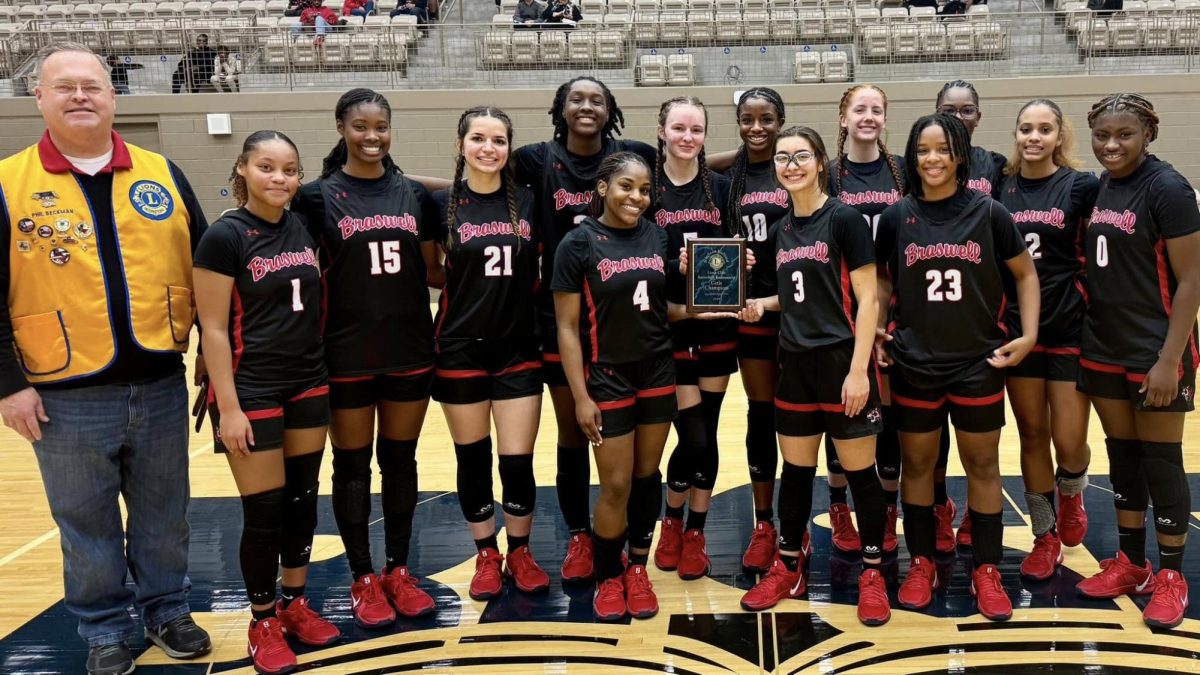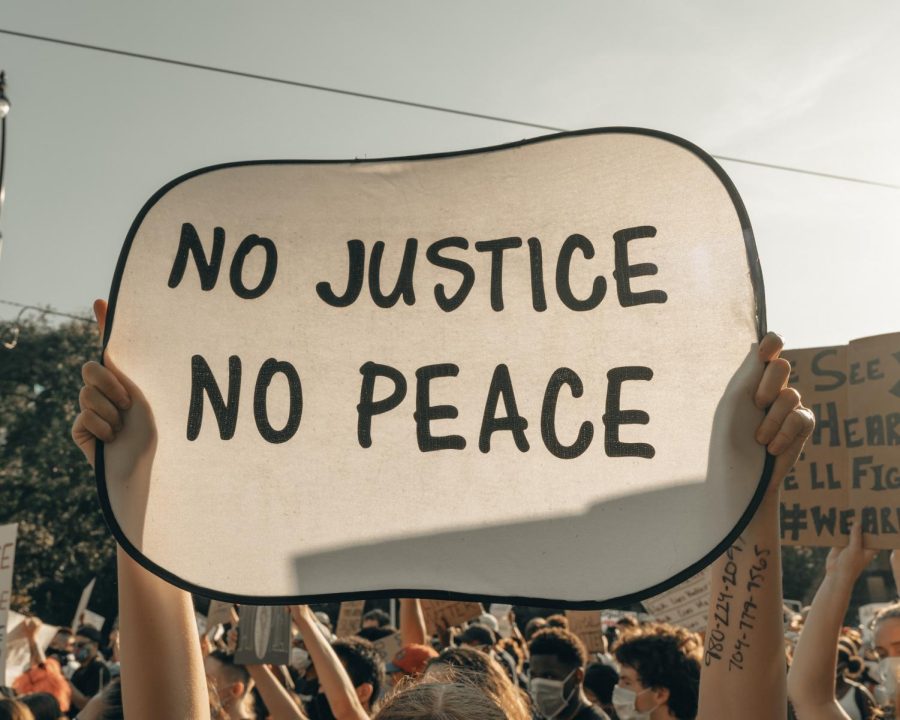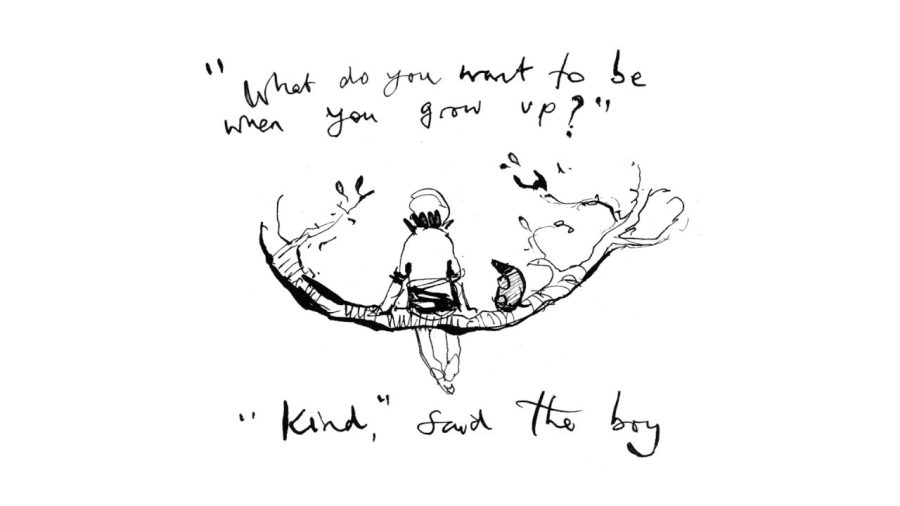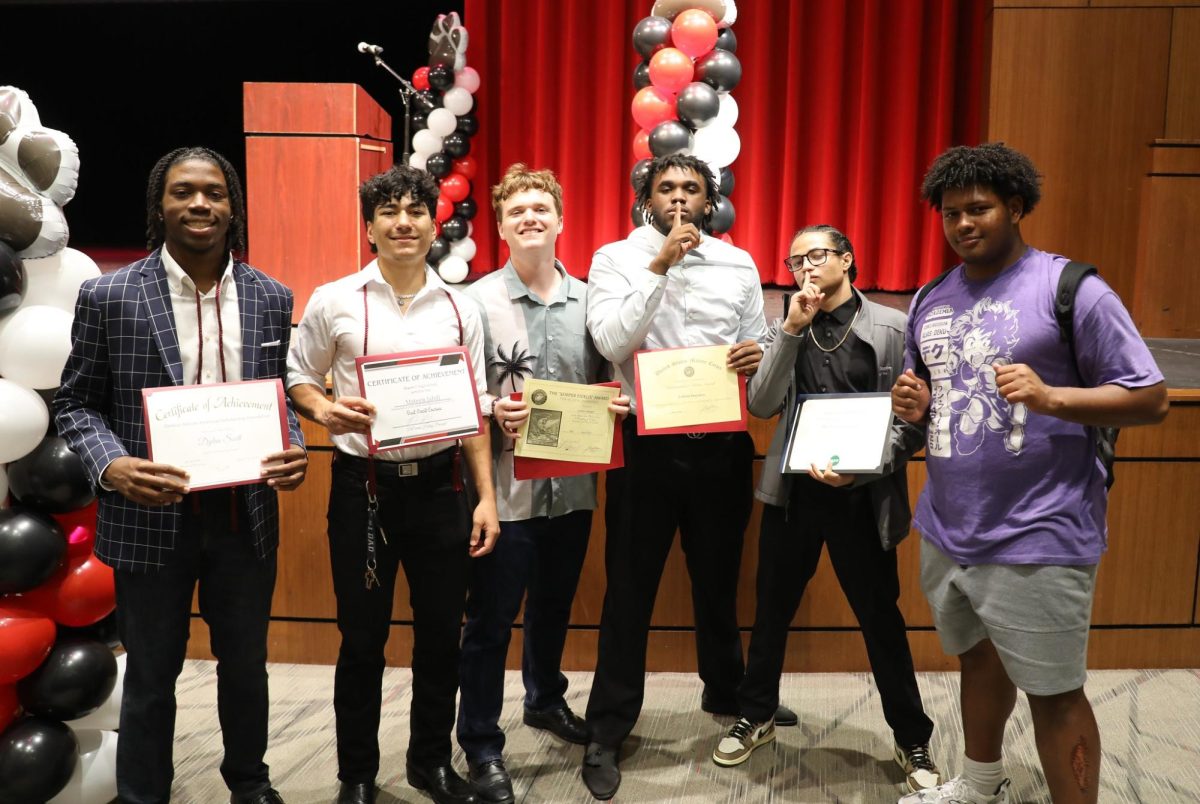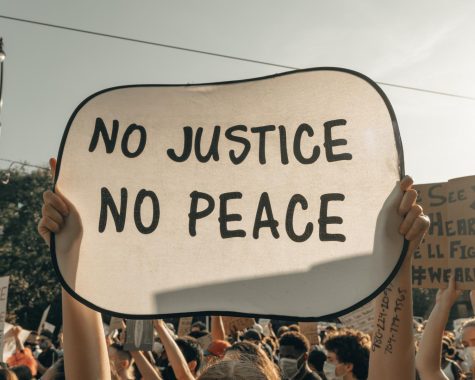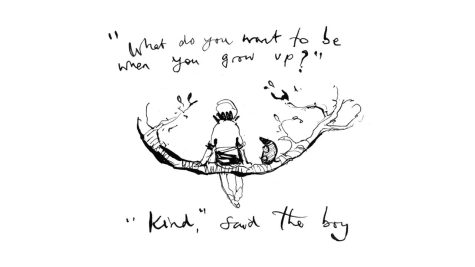Stories keep memory of grandparents alive
“And then I turned to my best friend and said, ‘That’s the man I’m going to marry.’”
This was always the final line of my grandmother’s story. It was my favorite — an origin tale about the day she laid eyes on my grandfather. She would smile as she described the greenery of the park where she first glimpsed him, her finger extended toward the spot he still occupied in her memory as she delivered the fateful line.
It wasn’t the only story she told about him — by the time I became her captive audience, he’d been gone nearly 25 years. She’d had time to perfect the storytelling, molding each moment into anecdotes of adoration.
Most days after school, I would walk into her small duplex to spend time with her. Often, she would insist on making me food — usually fried eggs and bacon — even though it meant pushing her walker around the kitchen to grab the various items. I’d offer to help, but she’d shoo me away, urging me to grab one of her books and read while I waited. I’d flip through the pages, inhaling the delicious odors wafting from the stove.
But it was her stories that I was most anxious to devour.
She’d place the plate in front of me and then settle into her chair at the head of the table, closing her eyes as she decided on the evening’s narrative. One she loved to tell was how my grandfather, whose parents immigrated from Ireland, was almost unfailingly lucky. When I was 5, she came to visit us at our home in North Carolina, which boasted a small clover patch in the yard. One day, we spent hours trying to spot a four-leaf clover within the mounds of shamrock. “Your grandfather could find them almost instantly,” she told me. “He always could.”
She’d tell of how fast he was — according to her, it took him a mere five minutes to walk to town from their farm. “That was five miles,” my dad would chuckle. “He was quick, but he wasn’t that quick.”
“Oh, yes he was,” she insisted. No one could convince her otherwise.
She’d tell of his career as a train conductor, their struggles during the Great Depression, his love for their children. As she’d talk, pictures of him flickered in my imagination — ethereal scenes of him in his blue-and-white conductor’s hat, manning the controls of the railroad car; him laughing as he tosses my 2-year-old dad into the air; him grabbing his shotgun to check out a noise in the storm cellar, the family dog faithfully running ahead to protect him.
With the exception of my grandmother, all my grandparents existed to me in this same hazy state of secondhand history — ghost stories told around the kitchen table instead of the campfire.
To me, they were ghosts; I could feel them, but not touch them. There was a heartbreaking intangibility to it all, like bubbles that pop when you reach for them. No matter how badly I wanted to know what it was like to clutch their hand or hear their laughter or curl up next to them as they read me a book or made up their own story, their presence reliably melted away with the words that lovingly reconstructed it.
And yet, when stories are all you have left, or all you ever had in the first place, they are not nothing.
They are everything.
“It’s like words build the person; they reincarnate them,” my husband told me recently, speaking about his father who passed away when he was 4. “Everyone would tell me how strong he was, and it was like I could see him — see his strength — whenever they’d talk about him.”
The night my grandmother died — only a year after we had moved to Oklahoma to be near her — I remember running to the bathroom so my parents wouldn’t hear my sobs, clutching my stomach in pain. My mom rushed in to hug me, and slowly, we all made our way to the kitchen, taking a seat at the table.
And there, amidst the type of grief that was familiar to my parents but relatively unknown to me, we began to tell stories — how, as a diabetic, she hid candy in an empty Country Crock container in the fridge so my aunt wouldn’t find it and make her throw it away; her oddball habit of making everyone sign their name in the guestbook when they came to visit; her knack for raising African violets on her windowsill; how she would tape labels to the cans of sugar-free fruit cocktail I liked that read: “Do not eat — for Erin only.”
We still tell these stories on occasion. Sometimes it’s to each other, other times to my niece and nephew who never really knew her. Every once in awhile, when one of us is walking really fast, we’ll joke that if we hurry, we can make it to town in five minutes.
As part of my wedding vows, I relayed my favorite story of hers to my husband, one I had never told him before. It was a day that I missed her terribly.
As I stood in my white dress at the altar, I admitted for the first time that I knew I would marry my husband from the moment I saw him. It was something I had never actually believed possible, even though — as I nervously recounted in front of our guests — my grandmother had assured me many times it had happened to her.
I felt her there with me as I recalled the story, briefly summoning her presence in the only way I knew how.
“And then she turned to her best friend,” I told him, “and said, ‘That’s the man I’m going to marry.’”
Your donation will support the student journalists of Braswell High School. Your contribution will allow us to purchase equipment and cover our annual website hosting costs.
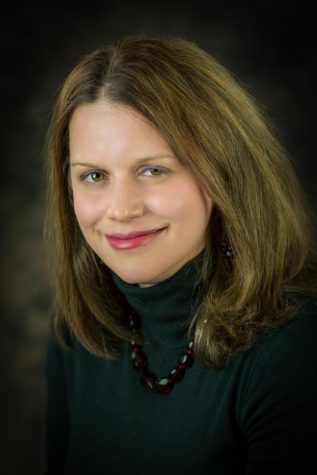
Erin Cristales is the journalism adviser at Braswell High School. Prior to teaching, Cristales spent 10 years as a journalist, working as a reporter, editor...



